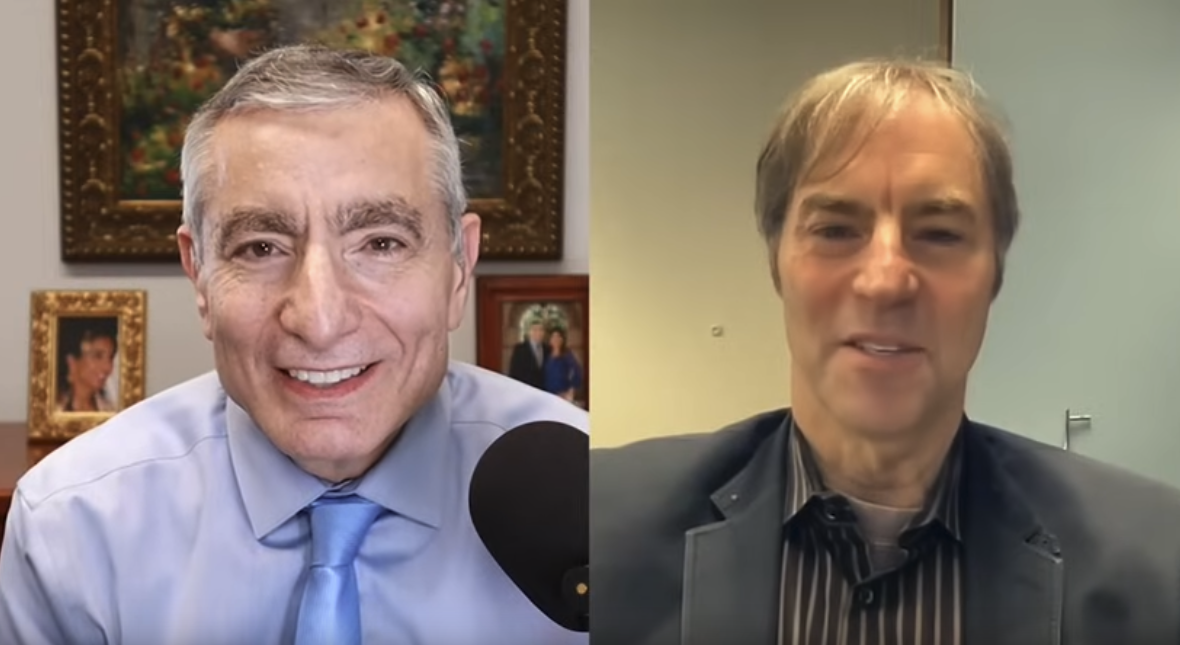

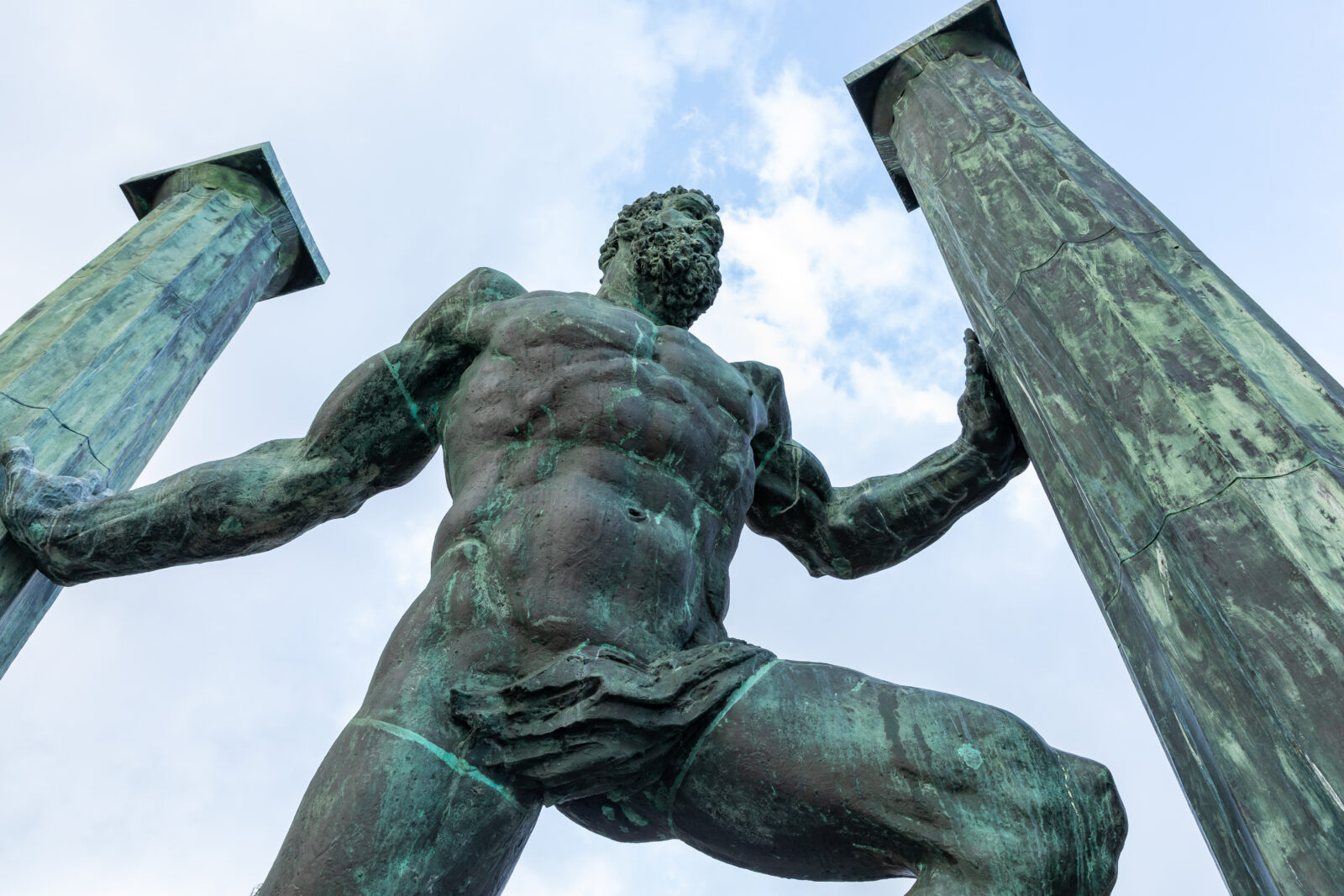
Evolution’s Demigods: Reviewing the Tour/Cronin Debate
Do biologists give too much credit to natural selection and self-organization? What are the limits of a materialist approach to science? On this ID The Future, we bring you the second half of a panel discussion reviewing the recent debate between Rice University chemistry professor Dr. James Tour and University of Glasgow professor of chemistry Dr. Lee Cronin. In November 2023, Dr. Tour and Dr. Cronin participated in a roundtable debate on origin-of-life studies at Harvard University with a live audience of Harvard faculty and guests. Even if you haven’t seen the debate yet, you’ll get valuable insight into the state of origin-of-life research from this panel discussion, featuring three of our own: scientist and attorney Casey Luskin, physicist Brian Miller, and Center for Science and Culture Senior Fellow Dr. Stephen Dilley. It also featured Arizona State University Professor of Philosophy Owen Anderson. The second half of the conversation begins where Part 1 left off: with a critique of the seemingly limitless power attributed to natural selection. In the debate, Dr. Cronin called natural selection “the force that produces our stars.” Dr. Miller explains why natural selection wields so much power for scientists like Cronin: “What a lot of origin-of-life people do is they talk about natural selection as a demigod with creative agency. That’s how they rationalize away the evidence for design.” The panel also discusses how intelligent design is a legitimate threat to materialist science, and how Dr. Tour’s challenge is impacting the origin-of-life research community. They conclude with the reminder that a mind-first view of the natural world can not only help us personally, it can help society create better solutions for living. This discussion was recorded by the Kirkwood Center and hosted by Kirkwood president Anthony Costello and vice-president Lenny Esposito. We thank the Kirkwood Center for permission to share it. This is Part 2 of a two-part discussion. Listen to Part 1 if you missed it. Dig Deeper Listen to Dr. Stephen Meyer interview Dr. James Tour about the origin-of-life debate:
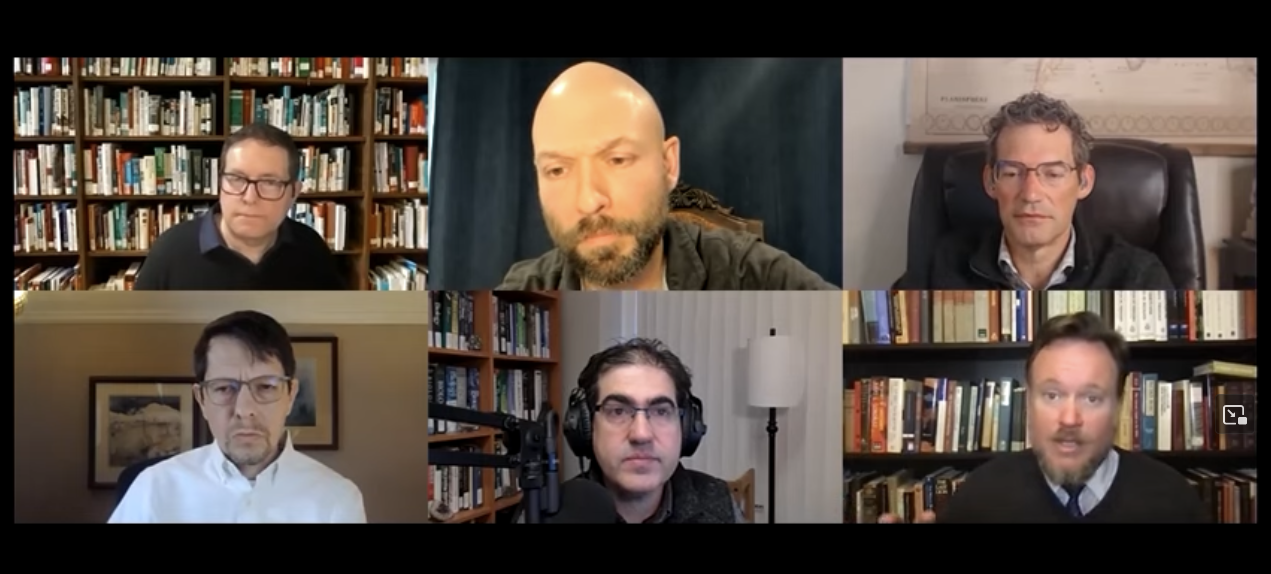
Debate Review: Jim Tour vs Lee Cronin at Harvard
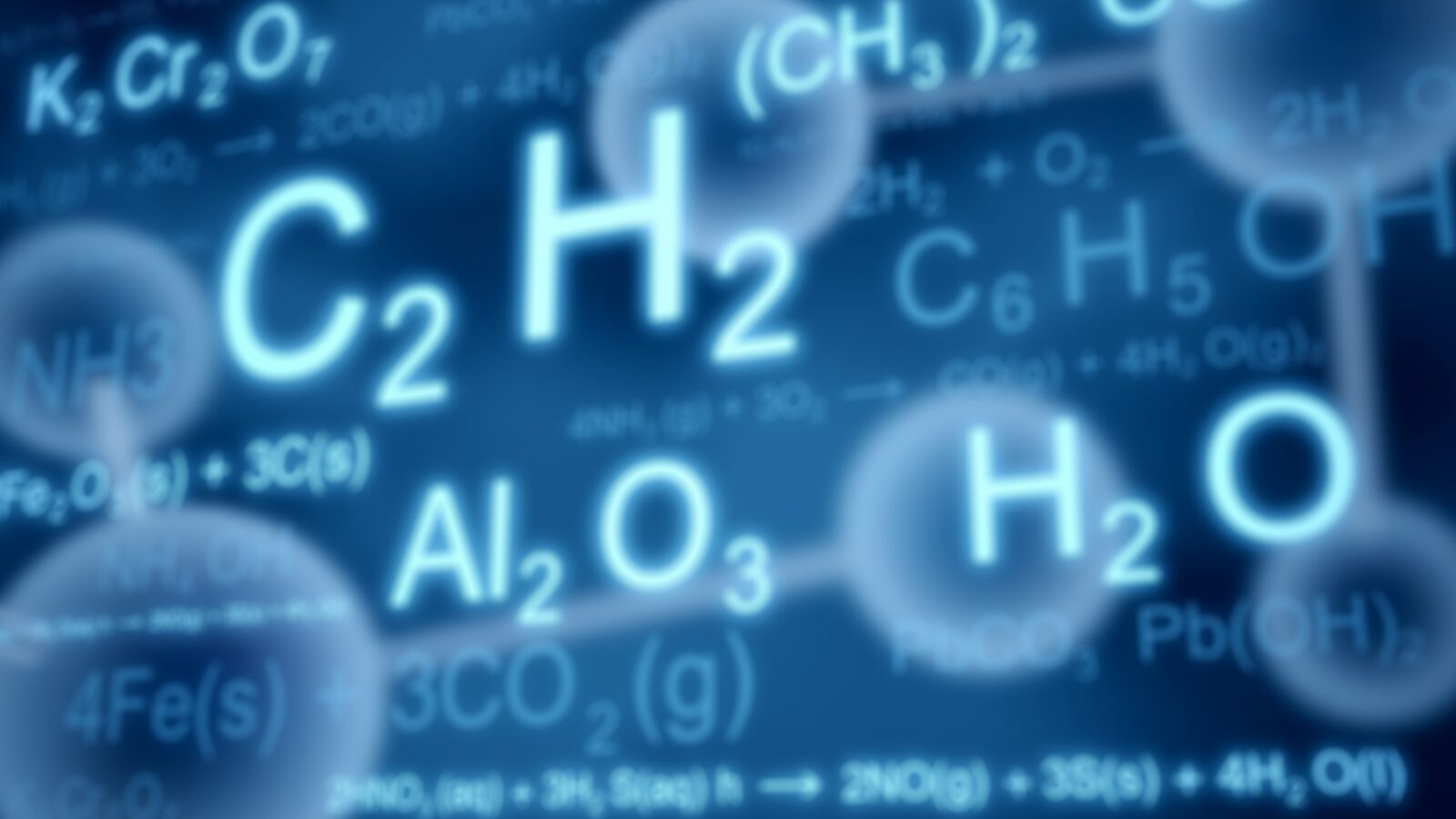
Why Hands-On Chemistry Experiments Can’t Simulate A Prebiotic Earth

Smoke & Mirrors: Tour and Meyer Assess Origin of Life Experiments
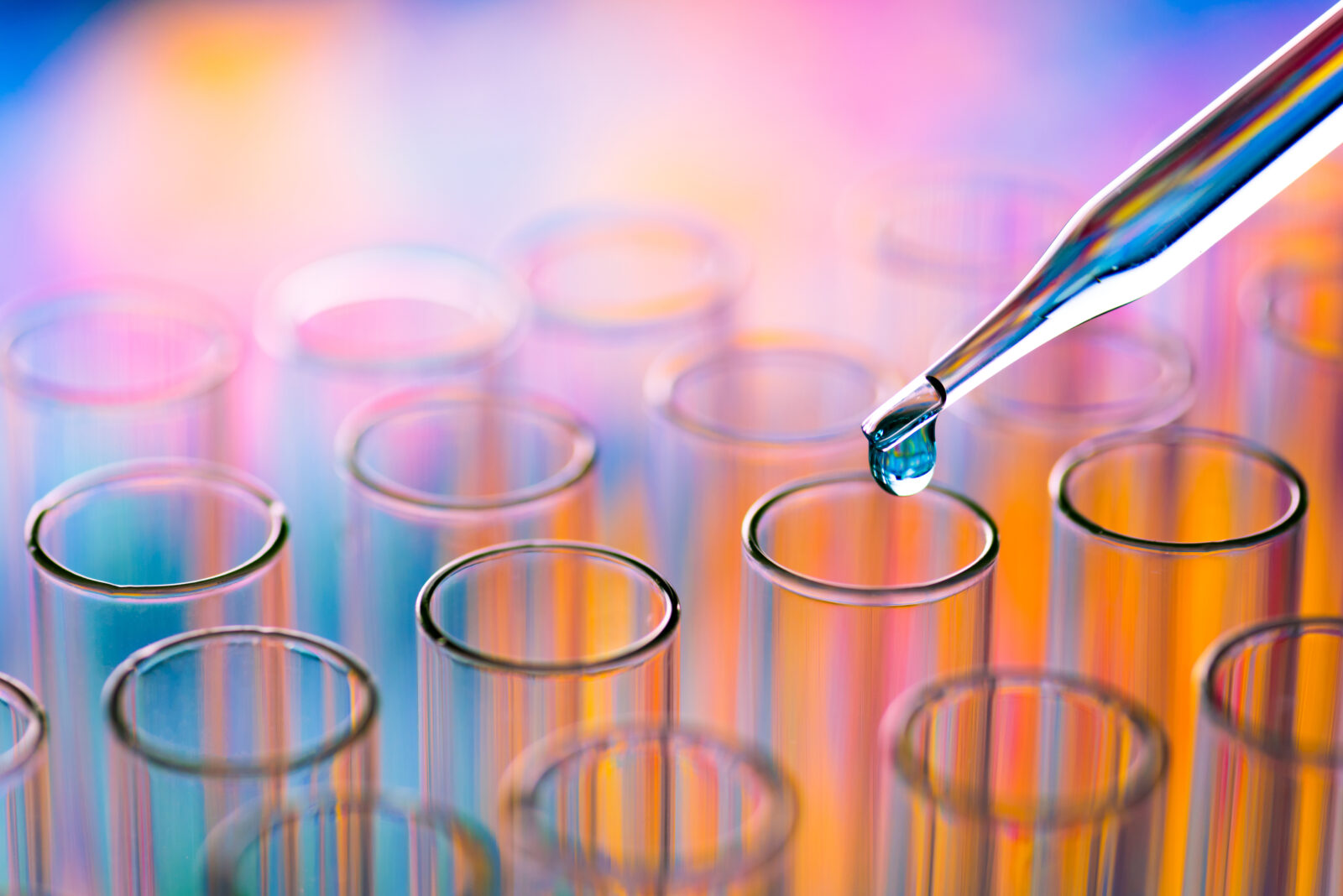
Extravagant Claims: James Tour & Stephen Meyer Critique Origin of Life Research
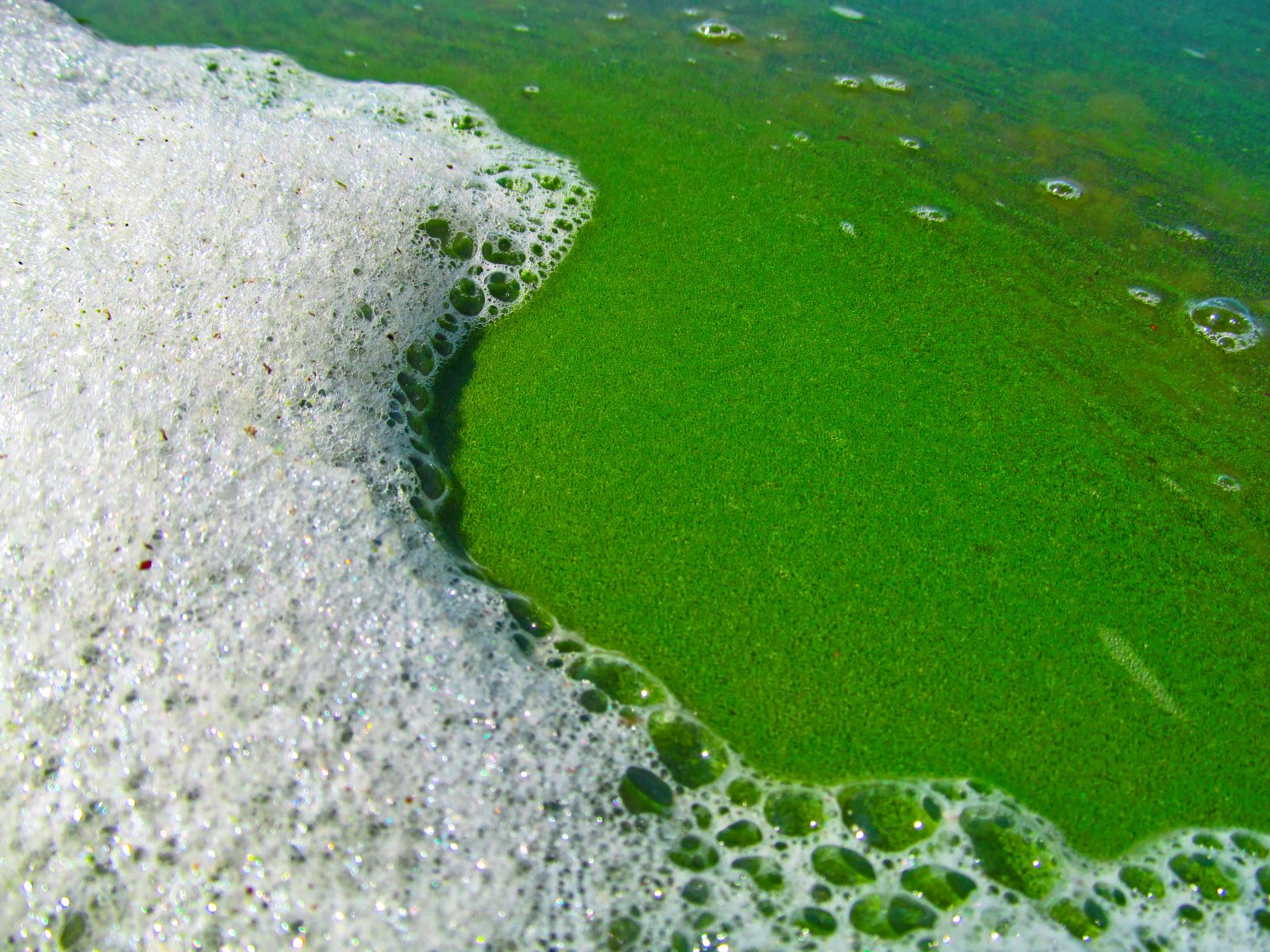
James Tour: Primordial Soup Bluffing Goes Right to the Top
Today’s ID the Future features another installment in James Tour’s hard-hitting and evidence-based YouTube series on abiogenesis. Here Dr. Tour, a world-leading synthetic organic chemist at Rice University, describes the early Earth primordial soup concept for the origin of first life (OOL) and shows why it’s simplistic, bogus, and doesn’t represent the current science on the issue. He also reviews survey data showing just how misinformed the public is about how far scientists have gotten in creating life in the lab. One critic of Tour protested that the simplistic primordial soup story might be found in highly simplified textbooks for sixth graders but isn’t peddled at higher levels. Tour provides video evidence to the contrary.